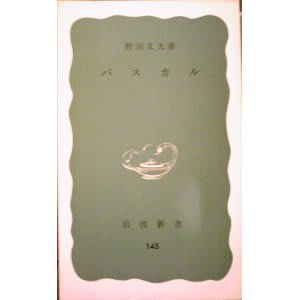Blaise Pascal (French: [bl?z paskal]; 19 June 1623 ? 19 August 1662) was a French mathematician, physicist, inventor, writer and Christian philosopher. He was a child prodigy who was educated by his father, a tax collector in Rouen. Pascal's earliest work was in the natural and applied sciences where he made important contributions to the study of fluids, and clarified the concepts of pressure and vacuum by generalizing the work of Evangelista Torricelli. Pascal also wrote in defense of the scientific method.
In 1642, while still a teenager, he started some pioneering work on calculating machines. After three years of effort and fifty prototypes, he invented the mechanical calculator. He built 20 of these machines (called Pascal's calculators and later Pascalines) in the following ten years. Pascal was an important mathematician, helping create two major new areas of research: he wrote a significant treatise on the subject of projective geometry at the age of 16, and later corresponded with Pierre de Fermat on probability theory, strongly influencing the development of modern economics and social science. Following Galileo and Torricelli, in 1646 he refuted Aristotle's










